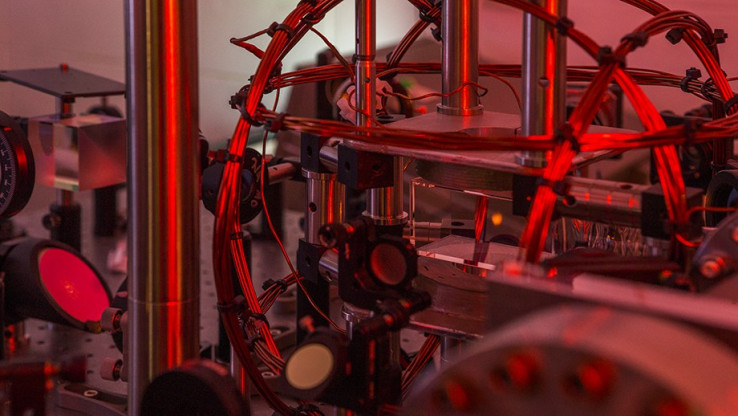AI learns and recreates Nobel-winning physics experiment

by Devin Coldewey, TechCrunch
Australian physicists, perhaps searching for a way to shorten the work week, have created an AI that can run and even improve a complex physics experiment with little oversight. The research could eventually allow human scientists to focus on high-level problems and research design, leaving the nuts and bolts to a robotic lab assistant.
Australian physicists, perhaps searching for a way to shorten the work week, have created an AI that can run and even improve a complex physics experiment with little oversight. The research could eventually allow human scientists to focus on high-level problems and research design, leaving the nuts and bolts to a robotic lab assistant.
The experiment the AI performed was the creation of a Bose-Einstein condensate, a hyper-cold gas, the process for which won three physicists the Nobel Prize in 2001. It involves using directed radiation to slow a group of atoms nearly to a standstill, producing all manner of interesting effects.
The Australian National University team cooled a bit of gas down to 1 microkelvin — that’s a millionth of a degree above absolute zero — then handed over control to the AI. It then had to figure out how to apply its lasers and control other parameters to best cool the atoms down to a few hundred nanokelvin (i.e. a billionth of a second), and over dozens of repetitions, it found more and more efficient ways to do so.




